Steve Hodgkiss - All About Blockchain
Discover the Power of Blockchain Technology: Blockchain is a revolutionary, decentralized technology that transforms how digital information is recorded and shared. By offering a secure, transparent, and tamper-resistant way to store data, blockchain is reshaping industries beyond finance—enhancing trust, efficiency, and collaboration across a diverse range of applications. From supply chain management to secure identity verification, blockchain's potential is vast and just beginning to unfold.
Latest Blog Posts

A Beninese Man in a Bank Paying With YEM
A Beninese Man in a Bank using a mobile phone
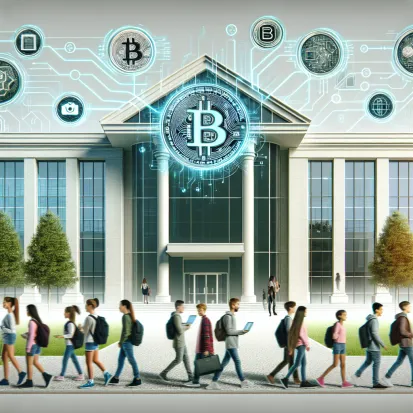
Lomond School Pioneers Bitcoin Acceptance for Tuition Fees, A New Era in Education Finance
Lomond School leads education finance by accepting Bitcoin for tuition, preparing students for a tech-driven financial future.
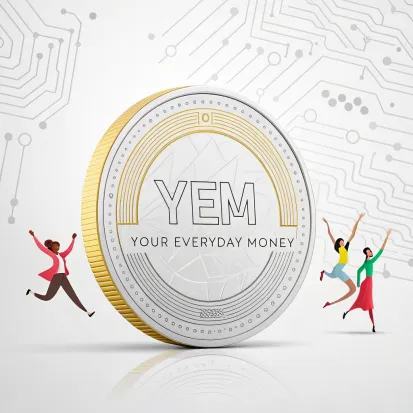
Transforming Everyday Transactions with YEM Benchmark Coin: Impact and Vision
Explore how YEM Benchmark Coin is revolutionizing everyday transactions, enhancing financial inclusion, and driving economic empowerment globally.

A Ugandan Woman in a Bank Paying With YEM Coin
A Ugandan Woman in a Bank using a mobile phone
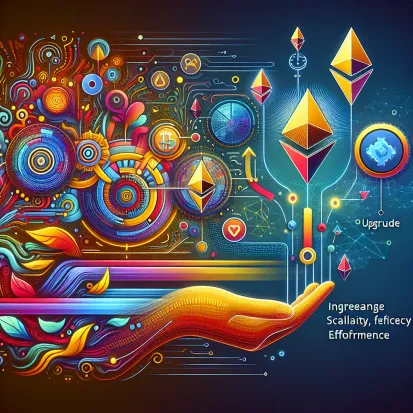
The Ethereum Pectra and Fusaka Upgrades A Comprehensive Analysis
Discover the upcoming Ethereum Pectra and Fusaka upgrades transforming scalability, efficiency, and smart contracts by 2025.
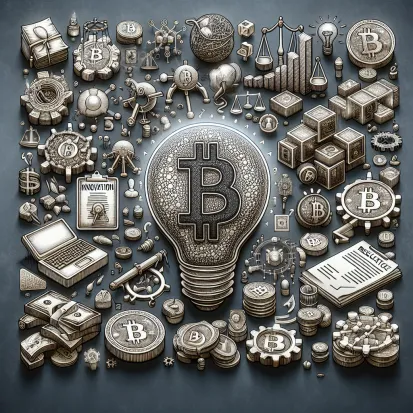
Navigating the Evolving Landscape of Cryptocurrencies and Regulatory Developments
Explore the evolving cryptocurrency landscape, including regulatory developments and innovative solutions like Bitcoin-denominated insurance.
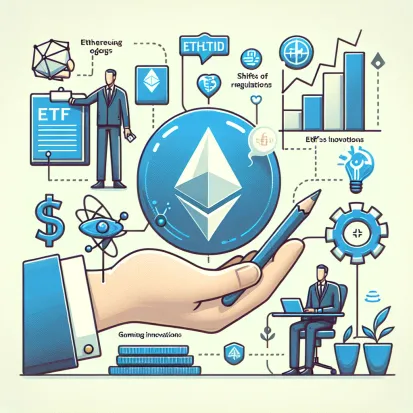
Recent Developments in the Digital Asset and Gaming Markets: A Comprehensive Overview
Explore recent evolutions in digital assets and gaming markets, highlighting Ethereum ETFs, regulatory shifts, and gaming innovations.

A Ugandan Woman in a Wedding Dress Shop Paying With YEM Coin
A Ugandan Woman in a Wedding Dress Shop using a mobile phone to pay with YEM Coin

Analyzing the Future of XRP and Standard Chartereds Bold Market Projections
Explore Standard Chartered's bullish XRP projections, driven by legal wins and tech advances, shaping the crypto landscape's future.

An African Man in a Bank Paying With YEM
An African Man in a Bank using a mobile phone